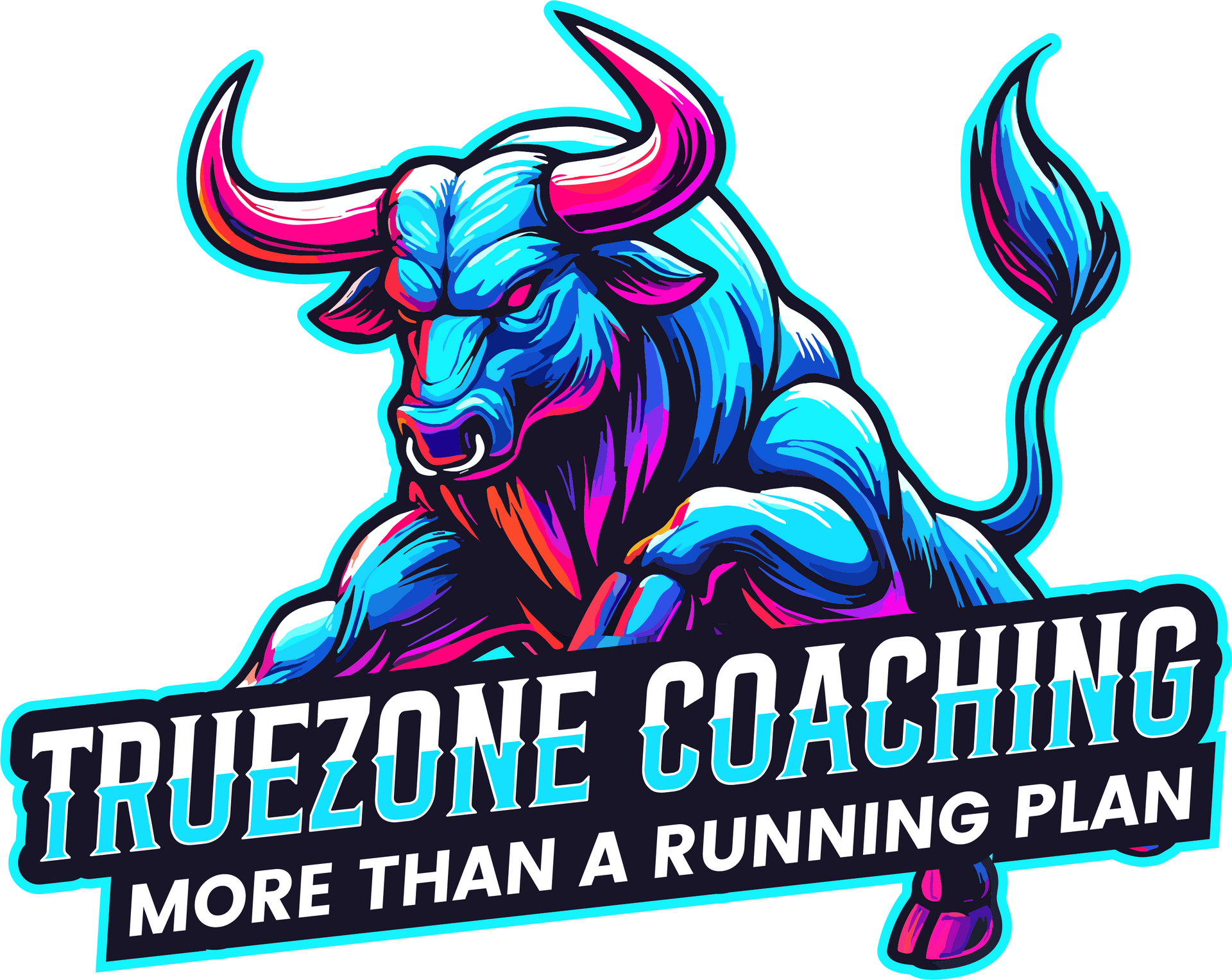How does sleep impact my running?
Running doesn't have to be hard, but it does take effort to make it easy
Circadian Rhythms and Running: Understanding the Importance for Optimal Performance
As runners, we're always looking for ways to improve our performance and overall well-being. One crucial aspect that often gets overlooked is our circadian rhythm. In this blog post, we'll delve into what circadian rhythms are and why they play a vital role in a runner's training and racing success. Like most things (nutrition, exercise, hydration, etc) achieving optimal performance is really tough, but making small improvements in each area can lead to big changes. I’m certain that the establishment of a consistent (sort of) sleep pattern has been the single biggest contributor to consistent, injury free running.
What Are Circadian Rhythms?
Circadian rhythms are natural, internal processes that regulate various bodily functions on a roughly 24-hour cycle. They influence sleep-wake cycles, hormone production, body temperature, and other physiological processes. These rhythms are primarily driven by external cues like sunlight and darkness, but they can also be affected by factors such as exercise, diet, and social interactions.
Why Are Circadian Rhythms Important for Runners?
Circadian rhythms play a significant role in a runner's performance and recovery in several ways:
Sleep-Wake Cycle: A well-regulated circadian rhythm ensures optimal sleep patterns, which are crucial for muscle repair, energy restoration, and cognitive function. Poor sleep can lead to decreased performance, fatigue, and increased risk of injury.
Hormone Production: Circadian rhythms influence the production of hormones like cortisol (stress hormone) and melatonin (sleep hormone). Imbalances in these hormones can negatively impact energy levels, mood, and recovery.
Body Temperature: Your body temperature naturally fluctuates throughout the day, with a peak in the late afternoon and a low point in the early morning. This fluctuation can affect your running performance, as your muscles and cardiovascular system function optimally at specific temperatures.
Muscle Function and Repair: Circadian rhythms also regulate muscle protein synthesis and breakdown, which are essential for muscle growth and repair. Disruptions in these rhythms can hinder recovery and adaptation to training.
How to Optimize Your Circadian Rhythm for Running
Here are some tips for optimizing your circadian rhythm to enhance your running performance:
Maintain a Consistent Sleep Schedule: Go to bed and wake up at the same time every day, even on weekends.
Expose Yourself to Natural Light: Spend time outdoors during the day, especially in the morning.
Limit Artificial Light Exposure at Night: Avoid screens and bright lights in the evening.
Time Your Runs Strategically: Consider running during times when your body temperature is naturally higher, such as the late afternoon.
Fuel Your Body Properly: Eat a balanced diet and avoid heavy meals close to bedtime.
Key Takeaway
By understanding and optimizing your circadian rhythm, you can unlock more of your running potential. Prioritizing sleep, natural light exposure, and strategic training can lead to improved performance, faster recovery, and a healthier running experience overall.
If you’re interested in learning more about the science behind sleep and how it can improve performance you might want to check out the Huberman podcast. He has an extensive library of podcasts and does a great job explaining highly technical concepts in a way that I can understand. Here’s a link to one of my favorite’s of his:
https://youtu.be/q-H_A_dQUxQ?si=BwUYMdbKZVqyXZn6
